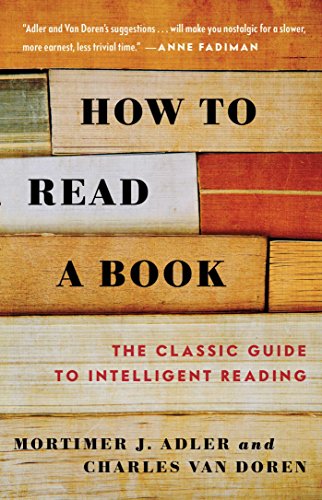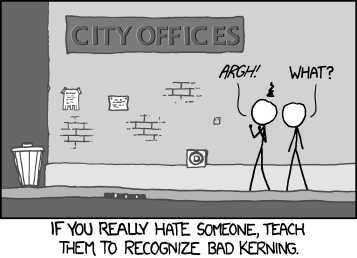
The best part of reading is forgetting.
This is why I struggle with book reviews—it’s hard to know how valuable a book is until later. But sometimes you find yourself declaiming a book’s key point long after you’ve forgotten most of it.
That’s when you know a book is worthwhile.
Here are some books I’ve forgotten most of, mostly from memory:
The Death and Life of Great American Cities

This book explains the life you can feel in some neighborhoods. And the complete sterility of others.
🌠 What I remember: The normalcy of strangers makes a neighborhood safer.
Mixing offices, shops, restaurants, and family housing in a single neighborhood creates a diversity of use, making the place lively. And there will always be eyes on the street, day or night.
Neighborhoods feel sterile when strangers seem out of place. When a stranger is a common sight: you’ve found a community.
Metadata
- Title: The Death and Life of Great American Cities
- Author: Jane Jacobs
- Worldcat
- Open Library
- Bookshop
- Bookwyrm
How to Read a Book

I read every day.
But much of what I read is garbage—pulp sci-fi or book-of-the-month junk I’ll have forgotten I read by year’s end.
🌠 What I remember: There are different levels of reading. And each book demands its own style of reading.
tl;dr: spend less effort (and feel less guilty) reading Malcolm Gladwell vs. Darwin.
Metadata
- Title: How to Read a Book: The Classic Guide to Intelligent Reading
- Author: Mortimer J Adler and Charles Van Doren
- Worldcat
- Open Library
- Bookshop
- Bookwyrm
The Manager’s Path

Almost every page in my dog-eared copy of “The Manager’s Path” is underlined, scribbled in, or marked up.
🌠 What I remember:
- Management is a different skillset vs. development
- Deliver feedback quickly (especially if it’s negative)
- Using manager powers to override technical decisions is a bad idea
- Never surprise your direct reports
Metadata
- Title: The Manager’s Path: A Guide for Tech Leaders Navigating Growth and Change
- Author: Camille Fournier
- Worldcat
- Open Library
- Bookshop
- Bookwyrm
The E-Myth Revisited

Few people win medals in the final round of the biggest homebrewing competition on the planet. I’ve won two.
In college, I was certain I’d open a brewery. Then, in senior year, I read “The E-Myth Revisited” and changed my mind.
🌠 What I remember: the technical work of a business has little to do with running the business.
I have zero interest in the operations of a brewery—I’m just a guy who likes beer. Why ruin that by making it my job?
Metadata
- Title: The E-Myth Revisited: Why Most Small Businesses Don’t Work and What to Do About It
- Author: Michael Gerber
- Worldcat
- Open Library
- Bookshop
- Bookwyrm
Storytelling with Data

Once you know how to make a good graph, you’ll see bad graphs everywhere.

🌠 What I remember:
- Pie charts are tricky for most people to read (see also Stephen Few’s “Save the Pies for Dessert”)
- Sometimes the best data representation is a table
- Only use colors in a graph if they mean something
My personal pet peve: the default Google Sheets chart colors
(*shudder*)
Metadata
- Title: Storytelling with Data
- Author: Cole Nussbaumer Knaflic
- Worldcat
- Open Library
- Bookshop
- Bookwyrm
The Elements of Style

🌠 What I remember: omit needless words.
But really—how necessary is “needless” in that dictum?
Metadata
- Title: The Elements of Style
- Author: William Strunk, Jr. and E.B. White
- Worldcat
- Open Library
- Bookshop
- Bookwyrm